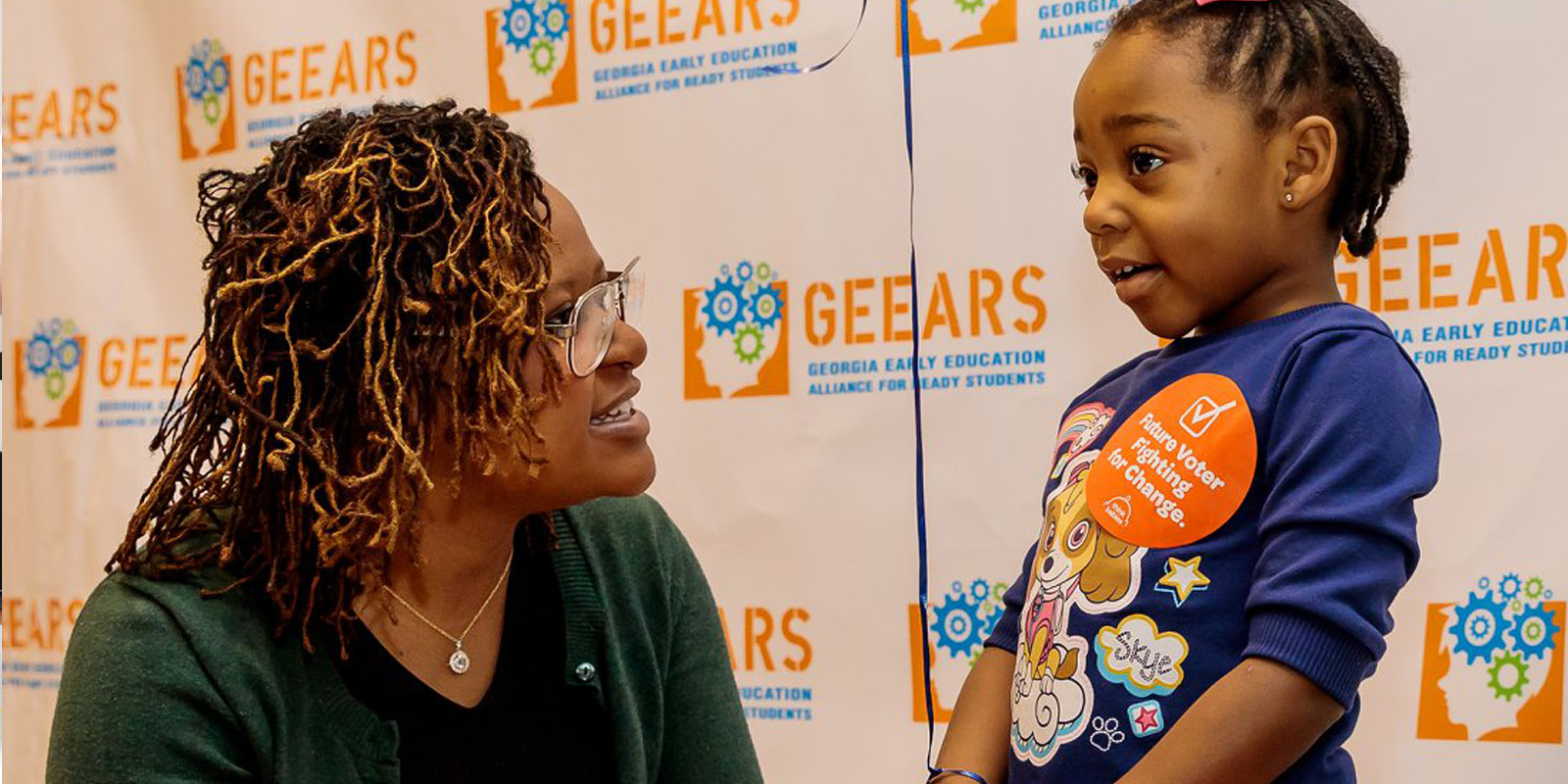Because we can’t take our Early Learning Nation Studio on the road during this time, stay tuned as ELN recaps Top Takeaways from important conversations, panels, town halls and virtual events from the Early Learning field. Read them all and join the conversation! And visit our Early Learning Nation channel on YouTube for interviews with leaders from education, child development, business, politics and more.
The ZERO TO THREE virtual 2020 conference emphasized social change as much as educational practices. One great example was “Great Things Happen When You Think Babies! Campaign Stories From Three Think Babies States,” featuring work being done in New Jersey, Georgia and Rhode Island and the progress made possible by working in coalitions. Here are our takeaways.
1. It takes data and storytelling. Each year, more than 102,000 babies are born in New Jersey. Diane Dellanno, policy analyst with Advocates for Children of New Jersey (ACNJ) improves their prospects by conducting research and making sure it gets into the right hands. “We embed equity in everything we do,” she said. That means including family recipients directly impacted by policies and practices wherever possible in order to bring attention to disparities in their state.
Through the Reimagine Child Care campaign, Strolling Thunder events, joint statements with the New Jersey Association for the Education of Young Children and other endeavors, the coalition leverages data points such as the fact that more than 90 percent of New Jerseyans believe “high-quality, affordable infant and toddler care is important for families in New Jersey.”
ACNJ emphasizes three priorities:
- Affordable, quality child care
- Family support through home visitation
- Healthy social-emotional development
Asked to cite a recent policy victory, Dellanno said the child care subsidy reimbursement rate went up, with the greatest increases going to infants and toddlers. “We also increased reimbursement rates based on quality ratings,” she said, “and set aside funds to expand the availability of infant toddler child care space in centers.”
2. Bring those babies into the room where it happens. That’s the advice of Mindy Binderman, executive director, Georgia Early Education Alliance for Ready Students (GEEARS). She said it both empowers the parents and makes the legislators sit up and listen. GEEARS focuses on:
- Brain development
- Effects of high-quality early learning
- Economic impact of early education
- The importance of a healthy start
3. Don’t be afraid to ask for what you really need. That’s how Leanne C. Barrett, senior policy analyst of Rhode Island Kids Count (RIKC), approaches issues ranging from expanding home visiting programs to ensuring that doulas accompany more low-income pregnant women during childbirth. She said that providing information and strategies on what works is a way of engaging business leaders and policymakers alike. Active since 1994, her coalition provides independent, credible, comprehensive information on Rhode Island’s children in order to
- Enact strong state and federal revenue policies to maintain, expand and improve essential programs that are a lifeline for children and families
- Ensure child care can reopen and operate while meeting new, more rigorous health and safety standards
- Implement strategies to improve the wages of early educators working with children and families during the pandemic and beyond
- Improve Rhode Island’s paid family leave program
- Cover community-based doula services through Medicaid and private health insurance
- Sustain RIKC’s network of voluntary, evidence-based family home visiting programs
- Expand access to the Rhode Island Pre-K and sustain state-funded Head Start programs
- Pass a new affordable housing bond
RIKC’s RIght from the Start campaign pushes for action on the most urgent issues, including “worthy wages” for child care workers and protections during the pandemic.

Mark Swartz
Mark Swartz writes about efforts to improve early care and education as well as developments in the U.S. care economy. He lives in Maryland.



